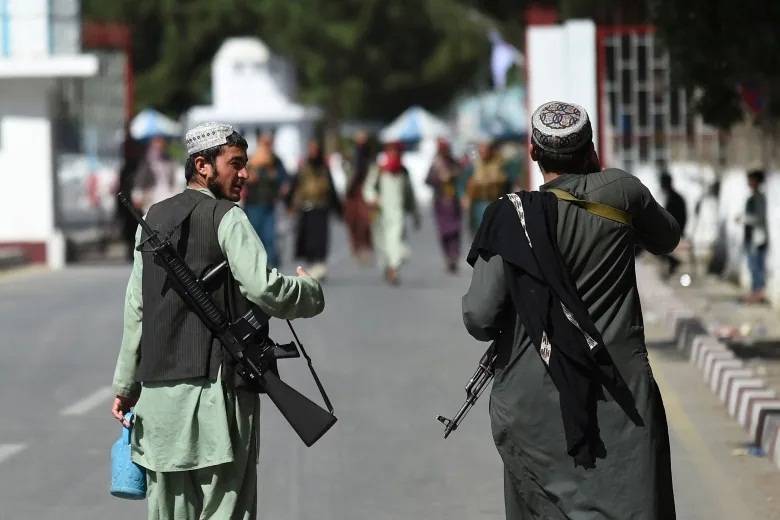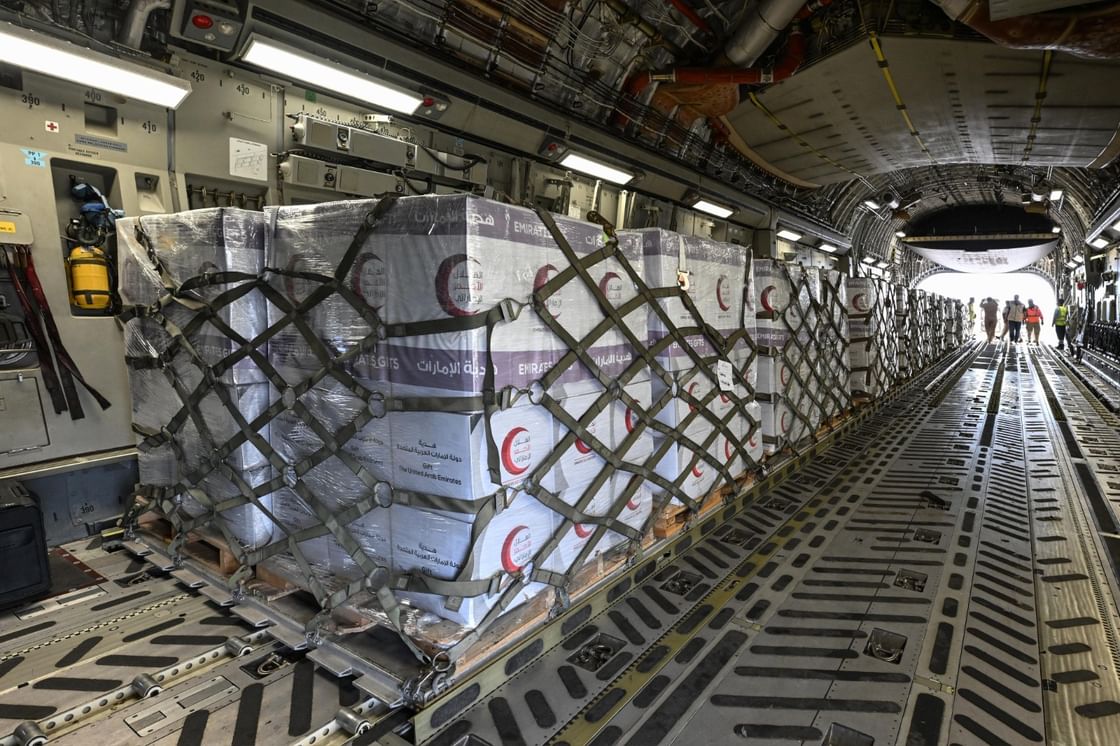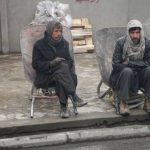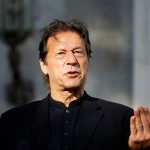But, the leader of TTP rejected the idea that the power-shift in Afghanistan would affect TTP strategies…reports Sanjeev Sharma
The leader of Tehreek-e-Taliban Pakistan (TTP) or Pakistan Taliban has rejected the idea that the power-shift in Afghanistan would affect TTP strategies and added that TTP is already intensifying attacks against the government of Pakistan.
The head of the Islamic militant group Pakistani Taliban (TTP), Mufti Wali Noor Mehsud, welcomed the Taliban’s return to power in Afghanistan after 20 years of absence, in an exclusive interview with the Mainichi Shimbun.
He rejected the idea that the power-shift in Afghanistan would affect TTP strategies, adding, “We are already intensifying our attacks from time to time against the government of Pakistan.”
The Pakistani government is tightening its guard against the TTP, who are gaining momentum with the Taliban back in control. The two groups are known to share the ideal of governing by Sharia, or Islamic law.
During the interview, the leader spoke of the relationship with his Afghan counterpart to be “cordial and like a brotherhood.” But he denied collaboration and commented, “We don’t have any opportunities to participate (in their activities),” claiming that the TTP’s activities are confined within Pakistan, as per the report.

The Mainichi asked about the TTP’s relationship with China. Beijing has invested heavily in Pakistan’s infrastructure based on an economic package known as the China-Pakistan Economic Corridor, or CPEC, as part of its Belt and Road Initiative.
Recently, the Chinese nationals related to these projects are believed to have become targets of repeated terrorist attacks. Quite a few cases have been linked to the TTP, but Mehsud claimed, “There is no hostility between the TTP and China.” But he warned the Chinese government and its people to “not be influenced by Pakistan’s conspiracy and deception, and to avoid initiating a war against the TTP”, the report added.
Reacting to the interview, Chinese mouthpiece, Global Times reported that the TTP may continue its attacks in Pakistan and cause damage to China’s projects and personnel in the country.
Zhang Jiadong, a professor at the Center for American Studies, Fudan University, told the Global Times that encouraged by the Afghan Taliban’s victory, the TTP wants to realize Pashtuns’ rule in Pakistan. This is an issue of concern for the Pakistan government, noting that the resurgence of extremist groups in the region may affect the regional situation and more problems may emerge after the US withdrawal.

Zhu Yongbiao, director of the Center for Afghanistan Studies at Lanzhou University said TTP has absorbed many anti-Pakistan militants including other ethnic groups and international terrorist forces. It differs from the Afghan Taliban in its goals and attitude toward the Pakistan government.
Zhu noted that Pakistan has two main concerns over this: first, whether the victory of the Taliban in Afghanistan might stimulate the TTP and boost its confidence; and second, whether there will be stronger nationalism among the Pashtuns in Pakistan, which could lead to requests for territory.
Zhang warned it is possible that the TTP may conduct more activities in Pakistan and more Chinese people or Chinese projects may be attacked in order to increase pressure on the Pakistan government.












